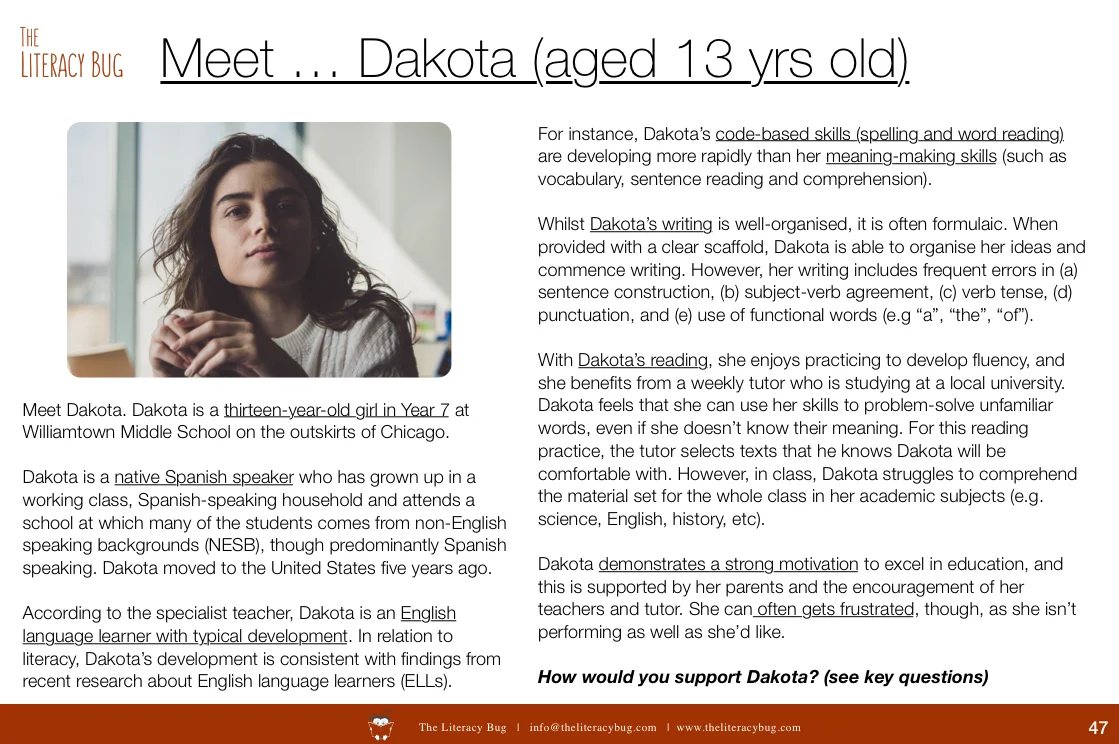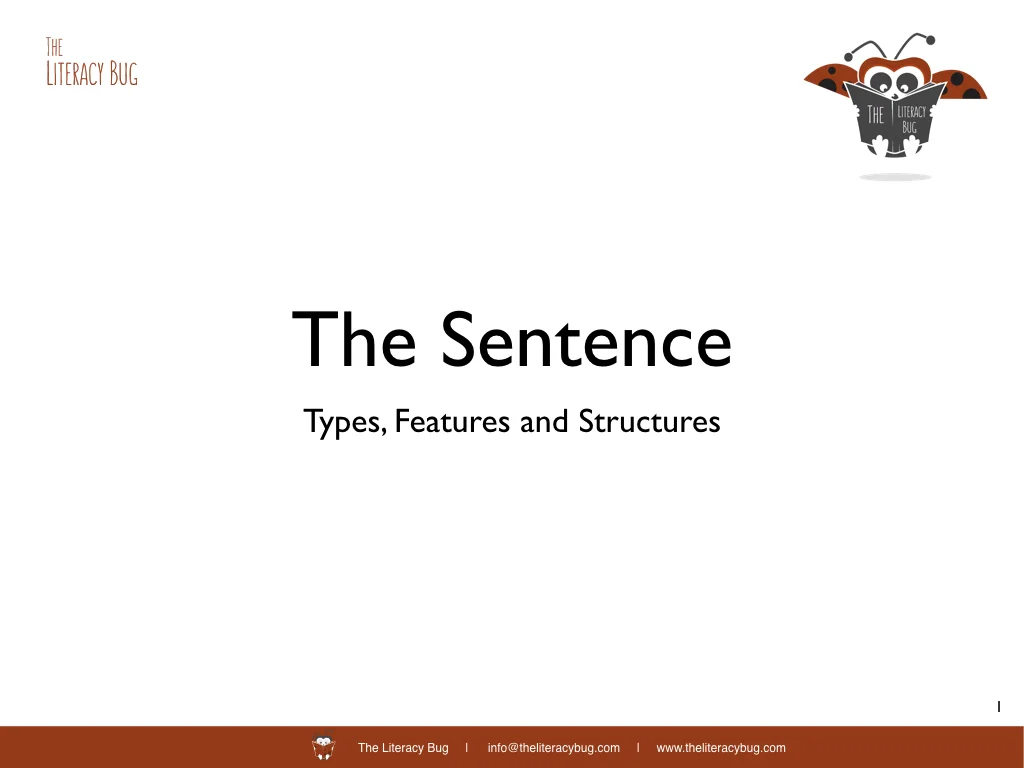Dedicated to ALL Things Literacy Related!
It goes without saying that we want people to catch the literacy bug in all its richness. We want developing readers & writers to engage in literacy in its array of forms and possibilities. We want them to develop the skills to inform (and be informed), entertain (and be entertained), persuade (and be persuaded) as well as to ponder, explore, and speculate. This engagement ranges from the mundane tasks of everyday life to flights of the imagination to the gravitas of declarations and beyond.
Yet the child (or emerging learner) is not faced with the prospect of exhibiting these skills from the get go. Instead, there is a progressive development of capabilities where the child (or learner) is supported by others through an array of activities, experiences, strategies and knowledge. There are moments for hard work. There are moments for inspiration. There are moments for creativity and exploration. And there are moment for insatiable curiosity. In this spirit, we emphasise this through the notion of becoming-ness. We become speakers of language. We become readers and writers. We become parties in conversations. We become knowers and connectors.
“From this perspective, an engaged reader/writer is one who is motivated, knowledgeable, strategic and socially interactive. The engaged reader/writer is viewed as motivated to read and write for diverse purposes, is an active knowledge constructor, is an effective user of cognitive strategies and is a participant in social interactions.” (Rueda et al., 2001, p. 2)
We are pleased to welcome you strongly and heartily to the site. We welcome you to explore our regular blog, recommended readings, links, essays, notes and more. Our most popular pages are the Five Stages of Reading Development page and the Stages of Literacy Development page. Whilst you are here, please follow us on Twitter, subscribe to updates (via the form at the bottom of this page) or send us a message.
Before I leave you to explore further, I feel compelled to mention a bit about the site's history. It was originally named Wittgenstein on Learning and Literacy, because of the initial influence of the philosopher Ludwig Wittgenstein. You can find the site's original rationale here. Whilst the rationale behind the site's new name The Literacy Bug might seem obvious, there remains an underlying nod to the Austrian philosopher Ludwig Wittgenstein (1889 - 1951). In his Beetle in a Box thought experiment, Wittgenstein marvels at how our language and our literacy are tools which enable people to share experiences and thoughts through a common, public language. We gain this ability to tap into the human imagination to convey messages, learn new skills and ideas, expand on experiences, explore possibilities, examine our assumptions, challenge one another and just whiz about what the world has to offer.
So ... please say a big “HELLO” to Ludwig, The Literacy Bug, who often has his head buried deep inside a book. When he’s not reading, he takes ample opportunities to put pen to paper or fingers to keyboard to explore, speculate, report, imagine or just express in general.
PAGES OF INTEREST
The developmental nature of literacy is captured in the six stages of reading development presented by Jeanine Chall (1996). Across the six stages, there are three skill domains and six developmental areas to take into consideration when implementing a framework for comprehensive literacy instruction. Read More ...
We must acknowledge that literacy exists across a continuum, and that the challenge is not literacy itself. Instead, the challenge lies in preparing learners for the progressive forms and content that the literate individual will need to increasingly confront across the years of schooling. Read More ...
ADDED 11/04/15 - Why Wittgenstein? At the risk of oversimplifying the issue, I find that Wittgenstein’s work provides us with reminders - so to speak - in a few areas: about perception (and seeing aspects), about language (its structure and use), about our words (and our concepts), about learning (the novice and the master), about knowledge (as critical and imaginative practice), about doubt (and certainty) and about culture (and the learning that is embedded within it). Read More ...
ADDED - 30/10/14 - The following represents original notes prepared in 2005 after a review of Wittgenstein’s two main texts: the Tractatus Logico-Philosophicus and the Philosophical Investigations. These two texts are often described as the "earlier" and the "later" Wittgenstein ... or the Two Wittgensteins. Whilst the Tractatus express a more structural/formal account of the nature of language, the Philosophical Investigations is characterised by a more social/cultural description of language in use. Read More ...
THE LITERACY BUG ON YOUTUBE
Reference
Rueda, R., MacGillivray, L., Monzo, L., and Arzubiaga, A. (2001). “Engaged Reading: A multilevel approach to considering sociocultural factors with diverse learners”, CIERA Report #1-012, University of Michigan: Centre for the Improvement of Early Reading Achievement (CIERA).
























